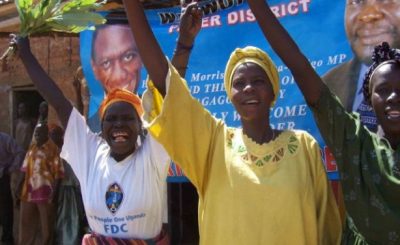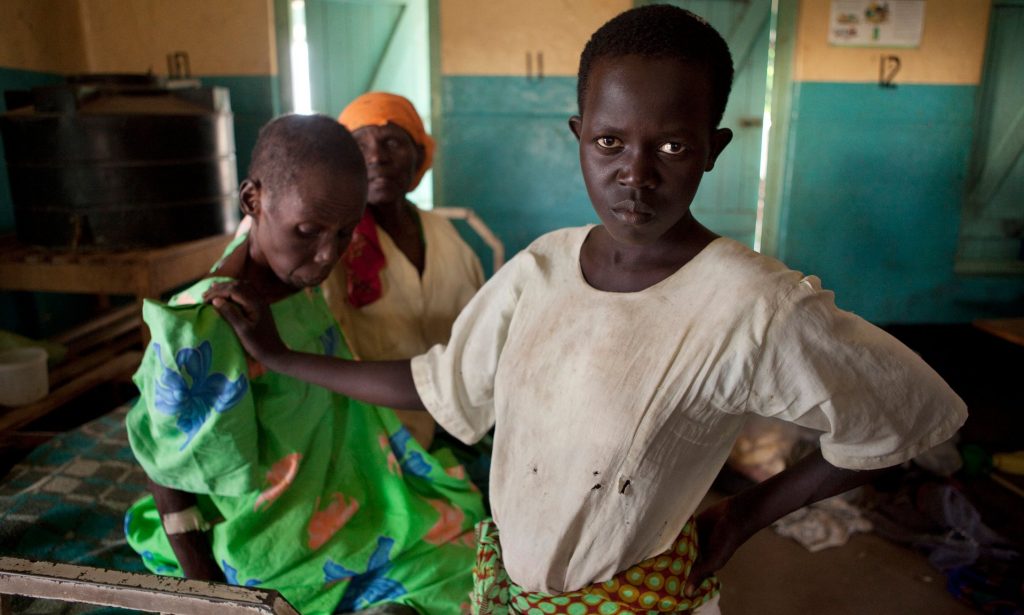The 1995 Constitution of Uganda reinforces the principles of equality and prohibits discrimination of all forms, including those based on sex, among others.
It also protects the rights of women and mandating the State to accord women full and equal dignity of the person with men. It also provides a very strong platform for gender mainstreaming in all sectors.
Yet gender-based violence still manifests itself in Uganda at a very high rate.
Gender-based violence in the country is a result of power inequalities powered by discrimination based on gender and is now more than ever entrenched in the social beliefs, systems, perceptions, attitudes about women and men and their roles in society. It includes domestic violence, violence against women, men and sexual-based violence.
While the NRM government and a number of non-governmental organisations’ have made a number of interventions aimed at eradicating gender-based violence.
These interventions majorly targeted rural communities and the society poor. Many urban dwellers and working women are also highly affected.
The many programmes that aim at ending gender-based violence never took root among the middle class hence more actions to stop the vice need to be carried out. Researches show that there is raised awareness on some. However, the increasing violence against women among the middle class in Uganda needs to be addressed.

According to research, women and girls statistically make up the majority of victims of gender-based violence countrywide and the same is true in Kampala.
Therefore, while gender-based violence is often mistakenly seen as a “woman’s issue”, long-term solutions to prevent and respond to it must include the participation of men and boys.
Existing efforts to involve men and boys in fighting the violence should be encouraged and be taken into account in prevention and response activities.
Women fear taking their cases to court due to their cultural background that does not encourage them to address relevant issues through courts. Even those who overcome the fear face the challenge of costly legal assistance. Whereas many discriminatory laws have been made, difficulties persist in that people are not informed about the gender sensitive laws that have been enacted, nor are they informed about their rights under these laws.
A significant number of gender discriminatory laws have been revised, although not exhaustively, but their dissemination needs to cover the entire nation. Different influencing factors have been identified, including poverty, ignorance, religious beliefs, and consumption of alcohol, among others.
Sex trafficking, coercive and exploitative sex are harmful to women. Also and traditional practices like such as female genital mutilation (FGM), early marriages, abortions and widow inheritance are all forms of gender-based violence.
While many legal instruments and policies have been passed to curb the violence, the vice continues. It is against this backdrop that gender-based violence among the middle class in Uganda is reaching unacceptable proportions. Under the circumstances, something should be done to address the situation.

